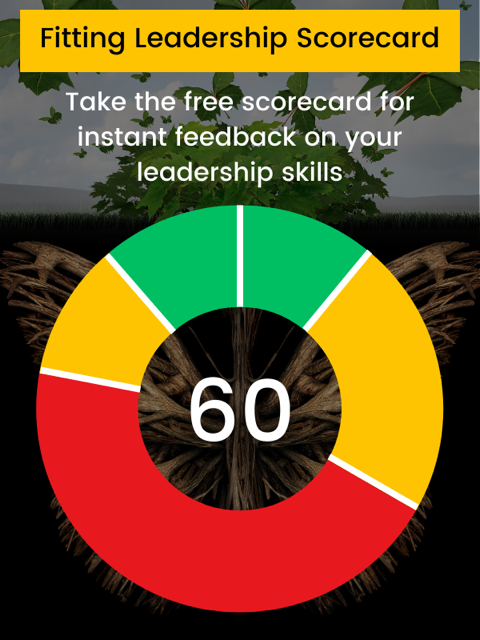What does success look like?
January 20, 2022

I always think this is a great question to ask ourselves when we embark on any new project or when we are thinking about how we want the practice, business or our overall lives to look.
It is that time of year when we have been through a reflective period over the festive holidays, have hopefully rested and recharged and tend to look at some new things that we want to achieve in the coming year ahead. New Year resolutions are abound, and gym memberships take off as many of use look to embark on something new. It is also a natural way of running a business to look at it over the calendar year, reflecting back and planing for the year ahead.
How we go about embarking on these new ‘projects’ can help set us up to be more likely to succeed rather than fail in getting where we want to get to. I want to lay out a way to approach this which I think is useful in helping us get to where we want to get to. It requires a bit more time up front but ultimately increases the likelihood that we are focusing on something that is worthwhile for us and therefore ultimately more likely that we will accomplish it.
The natural place for many to go to would be to set some type of goal. I think that SMART goals (Specific, Measurable, Achievable, Relevant & Timebound) are important but actually not the place to go to first.
What I think is best to think about is to answer the question what does success look like to me? Not only that but also, what does it sound like? What does it feel like? What this does is to create as vivid a picture of success as you can as this then taps into our own emotions. So, for a dental practice what does success look like at the end of the year? Perhaps you can see the practice closing down for Christmas and people seem really tired, but actually excited to hear that you have achieved the financial goals for the year. You can see your TCO looking very excited. You can also see that the day has been a busy one full of patients with lots of positive comments as people thank you for the great service you provide. This is just what comes to my mind, but what is important is that you articulate the end point that is success. You are literally creating a vision of the future for yourself and for others. This engages us just as much as a goal as it takes us to that end point and our brain is very clever at being able to imagine us there and it creates those feelings as if we are there.
So, ask yourself for any specific project or area of focus for you, what does success look like? What does success sound like? What does success feel like?
You can apply this to anything you are wanting to achieve.
When you create this picture, on a scale of 1-10 how excited are you by it? If the answer is only a 5 or 6 then perhaps you are not really that excited by the end outcome. You can then think about the following question. What will achieving that goal do for you? This may get you thinking about how this will impact your life. Does this increase your excitement and energy levels around it? If not, then you might want to rethink what it is exactly that you are wanting to achieve. What is really most important to you? Ultimately if we focus on something that is really important to us, it is more likely we will be successful in making this a reality as it gives us the energy and drive to overcome any barriers and make it a reality. As an example we are now already a few weeks into the year and many people will stop going to the gym already. This is when we need to be super clear on what success looks like and what it will do for us so that we have the energy and motivation to overcome hurdles and barriers that get in the way.
Once you have the clear vision then create the SMART goals that go with it. For a dental practice that could be that I would like to achieve £700K revenue in 2022 and £200K net profit before tax. This goal is useful and SMART (Specific, Measurable, Achievable, Relevant & Time bound). Despite it being a relatively old acronym it is really useful if applied with discipline to goals. Time bound is often the one that is missed in many goals that I see people set, so to be exact around the time parameter within which the goal is achieved. SMART goals enable you to track progress and this is an important motivator, which is to see that we are progressing.
Write it down. Often people do not write it down and there seems a reluctance to do so. I get responses like I know it in my mind. This may be true, but there is nothing like writing it down as this creates a level of commitment. It makes us really commit to it. When you write it down you may feel that there is no way I am going to do this, in which case, change it. It may also create a fear in you of committing to these goals and then not being able to achieve them. Sometimes we don’t achieve our goals. As uncomfortable as that may be it does happen. Writing down also creates a clear and exact record to refer back to so that you can be truly honest with yourself about whether or not you achieved something. You can also reflect and learn from the experience.
State it positively. Don’t focus on the negative. State it positively. What do you want?
How much is this within your control? This is something to consider carefully. Sometimes the goal is to a large extent within your control, but maybe also influenced by external factors that are outside of your control. The goal we talk about above with regards to a dental practice is an example of this. You have a large impact on this goal, but it is also outside of your control to a level. When this is the case it is useful to have this overall goal and also to develop performance goals that are completely with your control that feed up into this overall goal so increasing the likelihood that the overall goal will be achieved.I will discuss this more in a later article.
Is it worth it? Consider the cost involved in achieving this goal, both to you and perhaps to others and to the overall environment. Look how much time and cost it will take whilst also considering whether it falls in line with your values. This will help you consider whether or not you really want to commit to this goal.
In summary, create a picture of what success looks like and then create SMART goals that are aligned to it. Write it down and really consider your commitment to it. Give some time to this process. It is ultimately worth it to ensure you are giving your precious focus, time and energy to the right things.
Sign up here
to receive actionable insights by email



Please add your comments and thoughts on the above article and engage with the broader community.